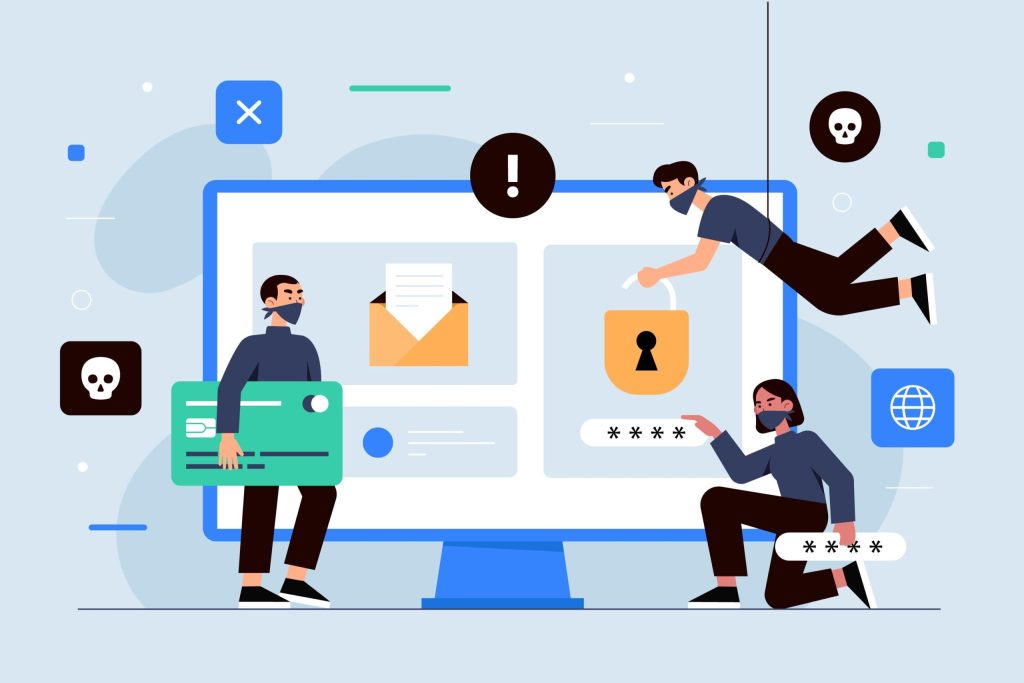In the labyrinth of the digital age, where communication is predominantly mediated through electronic channels, emails have become the lifeblood of professional and personal exchanges. However, within the seemingly innocuous confines of our inboxes lies a potential vulnerability—reverse email lookup services. These services, once a tool exclusively in the domain of investigators and cybersecurity experts, have now proliferated, offering a double-edged sword that can unveil the hidden identities behind the emails we receive. As we navigate the vast landscape of the internet, we often overlook the fact that our email addresses are not just alphanumeric combinations but gateways to our online personas. Reverse email lookup tools tap into this information goldmine, enabling users to trace the origins of an email back to its source. While these services may have legitimate applications in verifying the authenticity of communication or investigating potential fraud, the ethical implications become apparent when wielded as a tool for invasive scrutiny or cyberstalking.
At first glance, reverse email lookup appears innocuous, promising users the ability to identify unknown correspondents and assess the credibility of the messages flooding their inboxes. This can be particularly valuable in an era rampant with phishing scams and online deception. However, the darker side of this technology emerges when individuals exploit it to invade privacy, unravel the pseudonyms we create for online interactions, and unmask the real identities of those who wish to remain anonymous. The ramifications are profound, reverse email look up especially for those who rely on the veil of digital anonymity for legitimate reasons—journalists protecting their sources, activists navigating oppressive regimes, or individuals seeking refuge from online harassment. The mechanics of reverse email lookup involve tapping into vast databases that aggregate public information associated with email addresses. This can include details such as social media profiles, public records, and online registrations.

While some argue that this information is already in the public domain, the crux lies in the aggregation and accessibility of these details in a consolidated fashion. The potential for abuse is evident as this tool allows anyone with an internet connection to unveil the intricate layers of a person’s online presence, often without their knowledge or consent. As we grapple with the implications of reverse email lookup, questions of ethics, legality, and personal boundaries come to the forefront. Striking a delicate balance between the right to privacy and the need for transparency is paramount. Legislation and regulations must evolve to keep pace with the rapid advancements in technology, ensuring that the power to unravel the hidden identities within our inboxes is wielded responsibly and with due regard for individual rights. In the interim, users must be vigilant, understanding that the convenience of a quick identity check may come at the expense of the digital privacy we often take for granted.